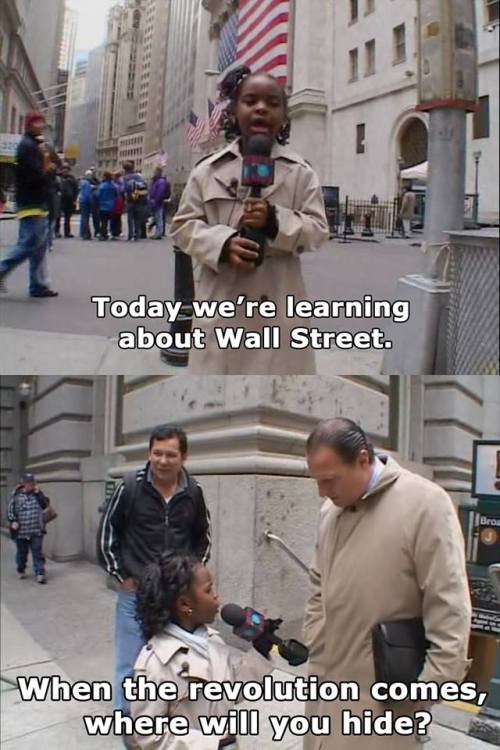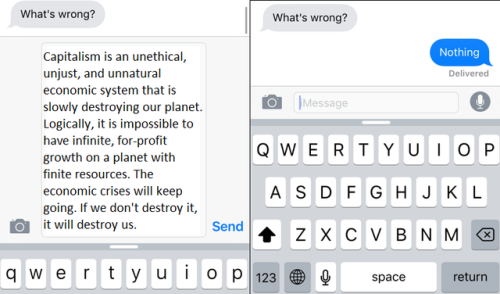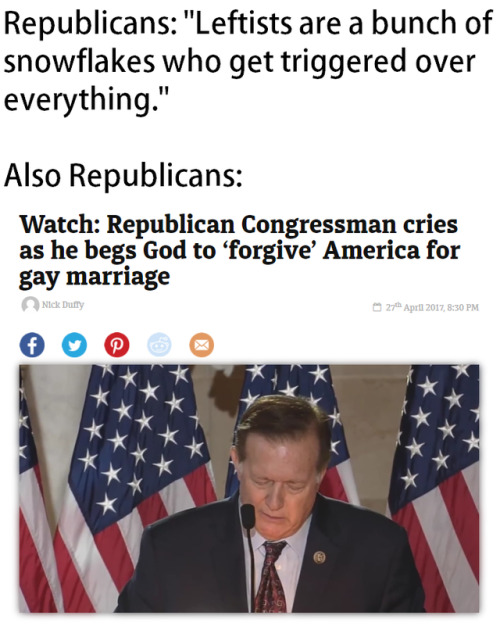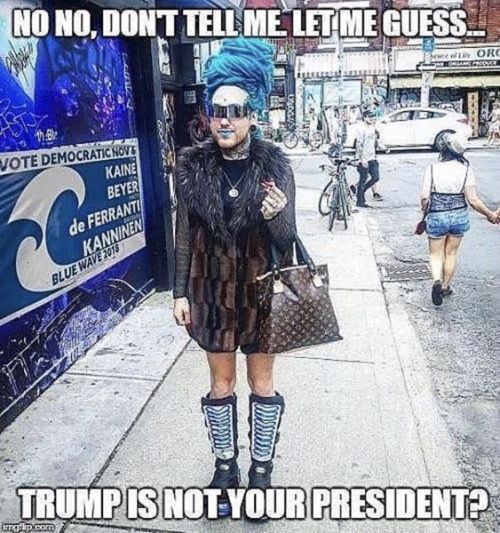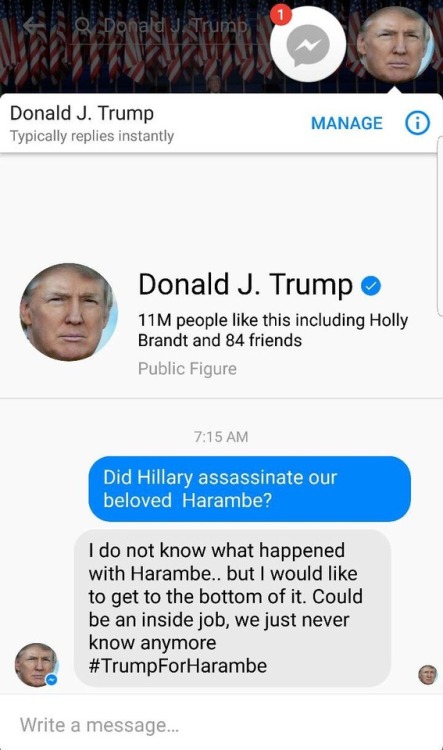#political memes
With over 125 million views in the month (roughly) since it was released, Lil Dicky’s music video Earth certainly is getting quite a bit of attention, especially (or so I’m told) in the tweenager/young-teenager crowd. The video draws on a wealth of big-name star power, profanity (although there is a “clean” version for children with 16 million views), and humor to convey its “globalized” pro-Earth/pro-Environmental message to a younger audience, before ending with a message about global warming and the twelve-year deadline, with a link to take action through WeLoveTheEarth.org. While there are certainly quite a few issues one might take with the song lyrics and visual representation, what I want to explore are not only the limitations implicit in this approach (namely a very Global North/Ameri-centric “globalized” imaginary, an obscuring of capitalist/corporate responsibility for climate change in favor of a neoliberal individual actions model, a maintaining of the Human/Nature binary, and a focus on a young audience when older demographics are perhaps more in need of convincing), but also the strengths of this approach and why, perhaps, it may be useful to step back and let these “meme-friendly” call-to-arms proliferate, rather than critiquing imperfect representations to death.
Ultimately, because I can see both how strong both the limitations and possibilities to these various approaches are, I am undecided on what the “correct” course of action may be. I recognize that the stakes are higher in this for some than for others–both in the sense that lack of action disproportionately is affecting certain communities, who therefore are more invested in results over perfect representation, as well as the way that because of the disproportionate effects of inaction, certain communities may find it less viable to overlook (and therefore further obscure) these inequalities; because of this, I am certainly not in any position to draw firm conclusions, and what follows is intended to be an exploration which I hope will invite a broader conversation.
Okay so let me start with a rundown of the limitations; while there are several points I’m making here, I am honestly going to try to keep each as succinct as possible because I think these may be more obvious than the benefits (that being said, I’m more than happy to delve into these points further if anyone has any questions or feels they do need to be made more visible). First, lets look at the “globalized” imaginary. The song’s chorus goes:
Earth, it is our planet (It’s our planet)
We love the Earth (We love the Earth), it is our home (Home)
We love the Earth, it is our planet (It is our planet)
We love the Earth, it is our home
We love the Earth
Other lines include “We love you, India/Africa/the Chinese,” the humorous “We forgive you, Germany,” and “C'mon everybody, I know we’re not all the same / But we’re living on the same Earth.” These lines simultaneously call for a globalized action, while also imagining a) that something quasi-globalized already exists and b) that “differences” are the reason we have not fully come together. Frederick Cooper has an amazing article which I highly recommend called “What Is the Concept of Globalization Good for? An African Historian’s Perspective,” and one of his arguments which is especially relevant here is that “a ‘globalizing’ language stood alongside a structure of domination and exploitation that was lumpy in the extreme” (204). What does it mean, in this context, to say “we love the Earth,” let alone “we love you, India/Africa/China”? Listing Global South nations which often bare the brunt of capitalist/colonialist industrial exploitation might be intended to acknowledge the uneven effects global warming has on marginalized communities (what Rob Nixon has termed “slow violence”); but then why is Germany on the list (other than for the comedic effect), and more importantly who is the “we” who “loves” these nations, and what does that “love” amount to? I think constantly of Elizabeth Catte’s comment in What You Are Getting Wrong About Appalachia, that she felt paranoid traveling for academic conferences that she would bring the smell of the coal industry with her, and give herself away as someone who wasn’t worth not being poisoned. Love is a beautiful idea to invoke, but do “we” “love” the Global South enough to stop poisoning “them”? And what about the poor in the Global North?
The lack of definition of “we” contributes to my second problem with the song/video: while I do not mean to undermine the absolute value individual actions have towards improving the environment, the opening of the song focuses on litter and the fumes exuded by personal vehicles. There is no direct reference to the kinds of waste and pollution created by corporations.
Thirdly, the lyrics contain a laundry list of humorous animal descriptions such as “Hi, I’m a baboon I’m like a man, just less advanced and my anus is huge.” While obviously intended to be funny, these descriptions reify the Human/Animal and Human/Nature divide and contribute to binary logics. One of the criticisms of the “Anthropocene” narrative is that it seperates “humanity” from “nature” in ways which obscure the entanglement actually involved in environmental networks. This is not in any way to imply that human actions and systems are not responsible for global warming (whether you put the blame on humanity in general as in the Anthropocene or specific individuals acting through capitalism as in the Capitalocene there is no denying that climate crisis is happening because of human action); rather, the problem here is that it this binary attempts to imagine a separateness between humans and nature which is not useful in addressing climate change, because it obscures the intricacy of interaction and allows us to vastly oversimplify what we see as viable solutions.
Finally, the video and lyrics are clearly intended to draw in a younger demographic, and yet polls have shown that there is an age gap in concern about climate change which trends towards younger populations.
That being said, let’s look at why this video may be a good and necessary thing, despite the potential drawbacks. First, even though younger people tend to already believe in and be more concerned about climate change than older folks, studies have shown that children change their parents’ minds about climate change, so convincing children/teens to care about climate change and to talk about it with their parents does have a measurable impact on the opinions of older adults. This leads to why the humorous lyrics and video may be particularly useful, despite the problematics outlined above. At this moment in time, social media and memes in particular are a particularly powerful political weapon. Mother Jones recently ran an article titled ““The Left Can’t Meme”: How Right-Wing Groups Are Training the Next Generation of Social Media Warriors” which outlines the role memes have played in perpetuating conservative and far-right thought and manifesting conservative/far-right desires. Memes are “cheap, subversive, and designed to provoke an emotional response, memes are a disruptive form of information guerrilla warfare.” Another article discussing “The Evolution of Political Internet Memes” argues that “memes are likely to gain more importance in a post-text future. Younger generations are shifting more and more to visual platforms such as Instagram and Snapchat. Images are therefore more likely shape their views on politics and politicians.” For these reasons, a song/music video such as Earth which is likely to draw in a large audience of kids/teens due to star power (everyone from Justin Bieber to Halsey to Kevin Hart makes an appearance), humor, and catchy tune is likely to make an impact on children and therefore their parents. Furthering this point, the website linked at the end of the music video presents itself in a far more professional manner–this is what parents are more likely to be looking at (and potentially donating to, and taking advice from) than the song itself.
So again, I’m not sure whether this benefit outweighs the oversimplifications presented through the lyrics/video but I do think they’re worth considering, and I absolutely invite further conversation on this matter. Do we need to follow the conservative meme-model of making politics more easily legible/accessible? Or does this model further obscure the struggles of marginalized folks and render invisible issues that need to be brought to light and challenged? Is there a (better) way to balance this?

Yesterday’s debate

